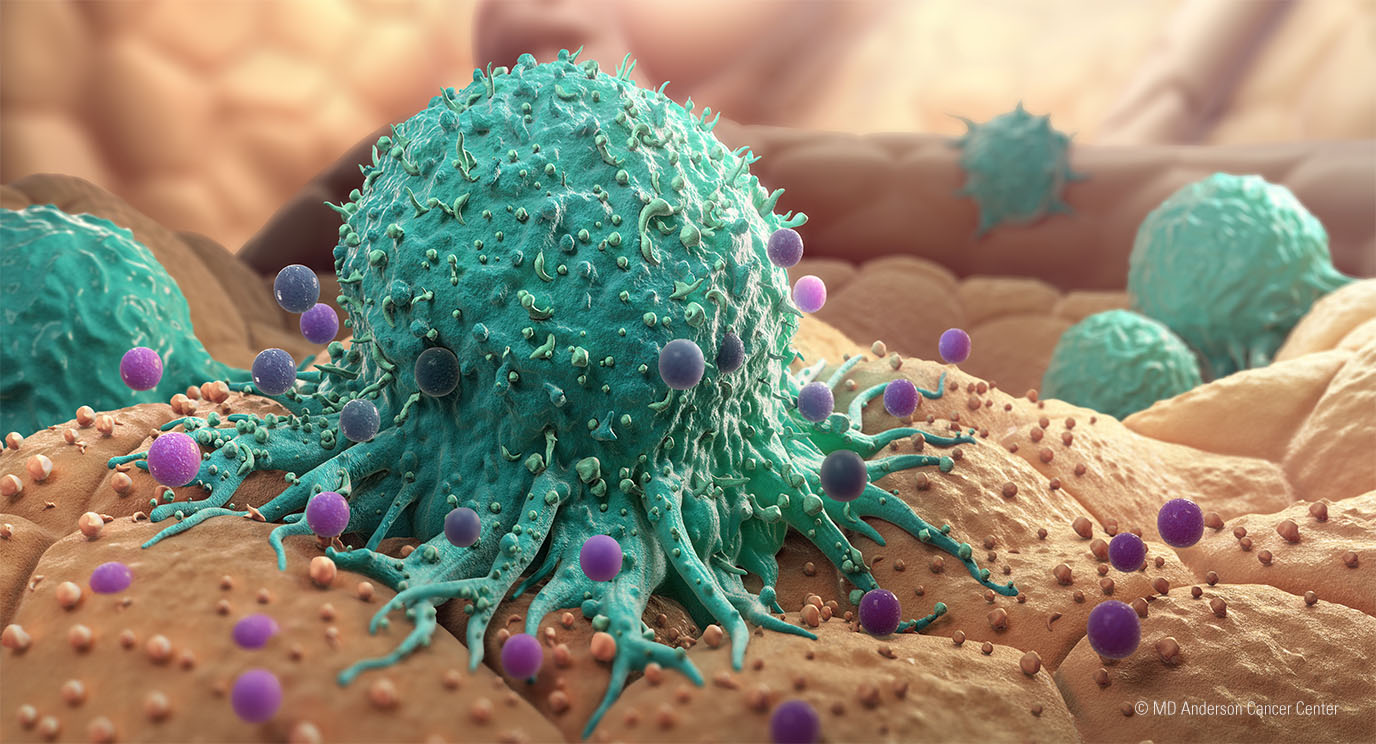Nasal spray vaccine could prevent type 1 diabetes
Trials of a nasal spray to prevent the development of type 1 diabetes have been promising (Image: robin_24 via Flickr)
A nasal spray vaccine currently being trialed in Australia could prevent the development of type 1 diabetes. Previous research showed that the nasal vaccine was successful in preventing the disease in mice, and now the results of a study involving 52 adults with early type 1 diabetes has provided encouraging evidence that it could also be effective in preventing the disease humans.
Type 1 diabetes occurs when the body's immune system attacks and kills the insulin-producing beta cells in the pancreas. The subsequent lack of insulin leads to increased blood and urine glucose, which can result in heart disease, stroke, kidney failure, blindness and premature death if left untreated, with the most common treatment being the daily injection of insulin.
Although the 52 participants in the study had early type 1 diabetes and had evidence of immunity to insulin-producing beta cells in the pancreas, they were not yet at the stage of requiring insulin injections. For the study, the participants were given either the nasal vaccine or a placebo for 12 months.
When administered through the nasal passages, the insulin vaccine stimulates the immune system present in the mucosal linings and works to desensitize the whole immune system to insulin so that the immune system's white blood cells are prevented from attacking insulin in the beta cells.
"The results showed that the vaccine allowed the immune system to restore immune tolerance to insulin," said Professor Len Harrison of the Walter and Eliza Hall Institute in Melbourne, Australia. "When subsequently given insulin by injection, the participants who had received the nasal insulin vaccine were found to be desensitized to insulin."
The researchers from the Walter and Eliza Hall Institute and the Royal Melbourne Hospital say the results of the study indicate they are on the right track to finding a vaccine for type 1 diabetes and the same approach could also be adapted to other autoimmune diseases.
"The nasal vaccine approach, if shown to be successful in human type 1 diabetes, could also be tested with different vaccines for the prevention of other autoimmune diseases such as rheumatoid arthritis and multiple sclerosis," added Professor Harrison.
The Type 1 Diabetes Prevention Trial, which was previously known as the intranasal insulin trial, INIT II), began in 2006 and is now halfway through the testing phase. Following the encouraging results of the study, hopes are high a nasal vaccine for type 1 diabetes could be available in as little as two years.
Details of the research was published in the April 2011 issue of the journal Diabetes.
Share






.jpg)